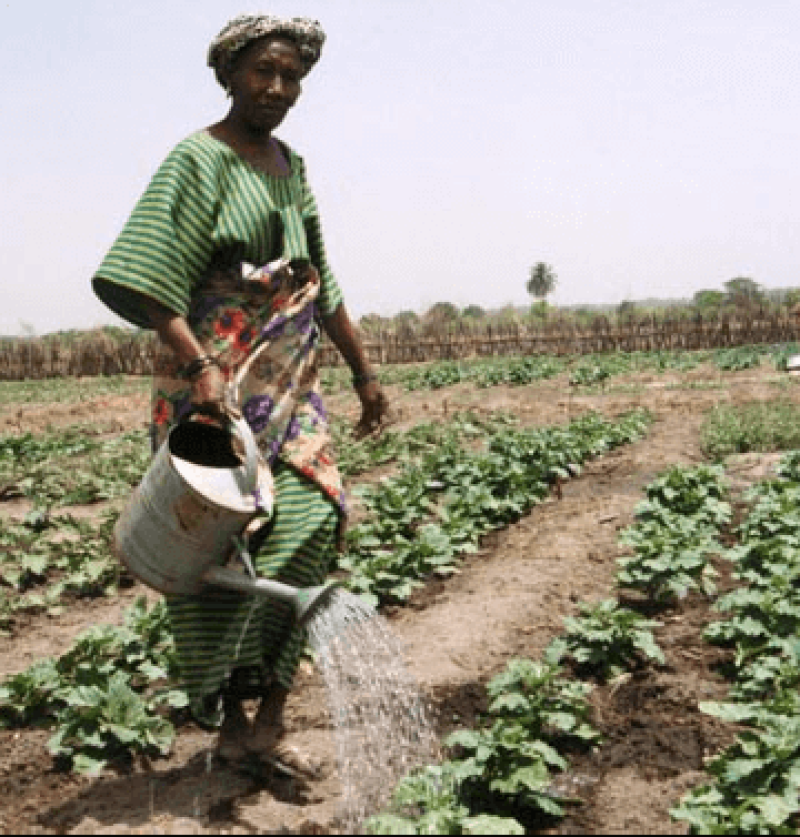The GLP aggregated and excerpted this blog/article to reflect the diversity of news, opinion and analysis.
Are genetically modified organisms (GMOs) likely to play a significant role in tackling malnutrition and reducing poverty in Africa? . . . [W]hile new crop varieties under development could do far more to address global poverty and hunger, technological and political obstacles may stand in the way of GMOs advancing a new green revolution in Africa.
. . . .
. . .[H]ow many African governments will be in a position to take advantage if a new breakthrough GMO comes along that holds promise for reducing food security or alleviating poverty? At the moment, not many. In addition to long-standing obstacles to agricultural investments in general. . . a number of African countries have not yet developed national biosafety policies or passed legislation to regulate growing or importing GMOs.
To help prepare the ground for a new green revolution in Africa, and leave the door open for GMOs to play a part, we offer five recommendations for African governments and donors:
1. Increase public support for agricultural R&D without precluding GMOs.
2. Develop cost-effective regulatory policies for GMOs, regionally where possible to reduce costs.
3. Promote information exchange among developing countries about environmental and other experiences with GMOs.
4. Pursue South-South cooperation on GMO trade and regulatory policies to prevent trade disruptions.
5. Donors, including the European Union, should provide technology-neutral support for R&D for food security, as well as capacity building to facilitate trade in GMOs.
. . . .[I]t would be unfortunate if an overly cautious approach foreclosed the opportunity to use GMOs where they can contribute to reducing poverty and malnutrition.
The authors are senior fellows with the Center for Global Development.
Read full, original post: Should GMOs be part of a New Green Revolution in Africa?































